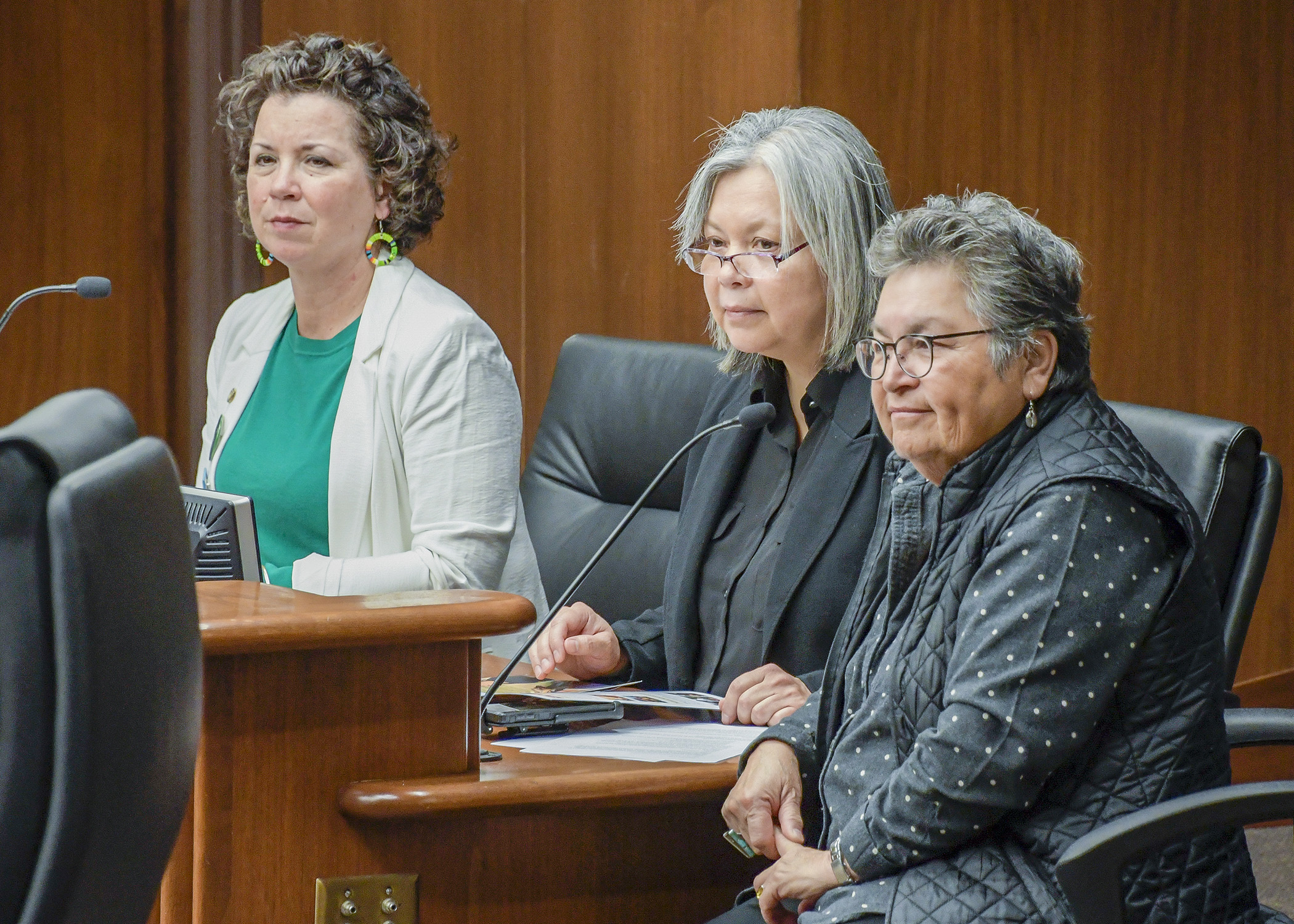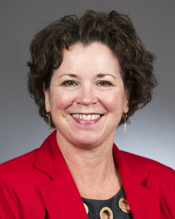New center could help Indigenous Peoples Task Force expand programming

The construction of the Mikwanedun Audisookon Center in the Phillips neighborhood of Minneapolis would allow the Indigenous Peoples Task Force to expand its programs and better support the Twin Cities’ urban Native American population, proponents say.
Funding could be on its way.
HF3140, sponsored by Rep. Mary Kunesh-Podein (DFL-New Brighton) would appropriate $2 million to complete the project.
It was approved Thursday by the House Jobs and Economic Development Finance Division and referred to the House Capital Investment Division. A companion, SF3477, is sponsored by Sen. Jeff Hayden (DFL-Mpls) and awaits action by the Senate Jobs and Economic Growth Finance and Policy Committee.
About $3 million has already been secured from non-state sources and construction could begin as soon the remaining funding becomes available, said Sharon Day, executive director of the task force.
Mikwanedun Audisookon means “remember our teachings,” said board member Susan Allen.
That is exactly what the task force is trying to help urban Native Americans do, promoting general welfare and health through traditional practices, the arts, entrepreneurial initiatives, and a wide range of prevention programs.
Some young people have been involved in the task force’s programming for a decade or more, getting engaged in their early teens and remaining engaged into their twenties.
“It is a place of healing and a place where youth are completely transformed,” Allen said. “It is something that is very much an integral part of the urban Indian community.”
Since 2008, the task force has operated out of a community center built as part of an accessible housing complex in the 1990s. The lobby and two handicap-accessible bathrooms were converted into offices and after-school programs are held in a church down the street, where the task force rents space.
A modern, purpose-built facility would centralize programming, allowing the task force to expand its work and develop new ways to support the community.
The design – based off feedback gathered in community meetings – would include a community café, teaching gardens, a commercial kitchen, a performing arts space, studio and workshop areas, and office space.
It would also take advantage of sustainable construction, including passive solar and compressed earth blocks produced on site by Native American youth as part of a vocational training program in green construction trades.
Related Articles
Search Session Daily
Advanced Search OptionsPriority Dailies
Legislative leaders set 2026 committee deadlines
By Lisa Kaczke Legislative leaders on Tuesday officially set the timeline for getting bills through the committee process during the upcoming 2026 session.
Here are the three deadlines for...
Legislative leaders on Tuesday officially set the timeline for getting bills through the committee process during the upcoming 2026 session.
Here are the three deadlines for...
Latest budget forecast projects nearly $2.5 billion surplus, but red ink down the road
By Mike Cook Three weeks before Christmas, state budget officials provided some merriment to Minnesotans. However, Grinch-like transformations lurk.
Released Thursday, the November ...
Three weeks before Christmas, state budget officials provided some merriment to Minnesotans. However, Grinch-like transformations lurk.
Released Thursday, the November ...
